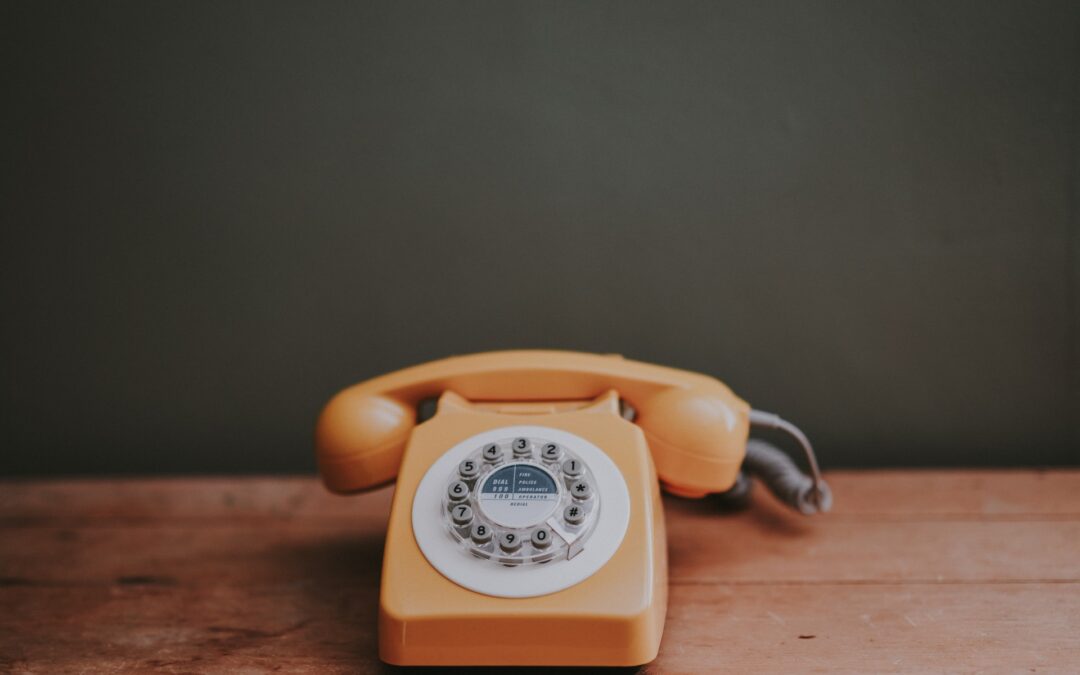What should you tell your homeopath to get the best outcome of your acute consultation?
Are you new to homeopathy? Or is it your first homeopathic consultation? Homeopathy requires specific information to be able to provide the most accurate treatment. The way homeopathy looks at a person is quite different from conventional medicine. It is not enough to say to your homeopath for example I have a headache.
Homeopath should be told:
1. When did it start and what happened before your headache occurred?
Triggers: weather, food, emotions etc – which we understand as an AETIOLOGY
Why is it so important? In homeopathy there is a methodology allowing to prescribe remedy based on immediate causation. The knowledge of what happened allows us to use this method in order to choose a remedy.
2. Where is your headache?
Which part of the head? left/right/temples/frontal
Which we indicate as LOCATION
Each picture of symptoms we want to treat is as unique as possible so having an exact location makes it more accurate to look at specific remedies.
3. How does it feel?
Is it sharp, stabbing or burning pain? How is your feeling of the symptom? – which we understand as SENSATIONS
Same as above, your headache and mine headache might feel very different and in order to direct to the most appropriate remedies for yours.

4. Any other symptoms which you are experiencing alongside your headache?
For example: vomiting, vertigo, sore throat etc…
What we indicate as a CONCOMITANT
Coexisting symptoms are helping to categorise a type of your complaint and also pinpoint the remedies which in their picture have these prominent symptoms.
5. What makes a headache better or worse?
For example, lying down/ moving, warm/hot, food/drinks pressure on it, understand as MODALITIES
That is again another clue in the puzzle to a remedy theme. Most of the remedies in homeopathy have specific modalities in their symptoms picture, for example symptoms of Bryonia are better on lying down and picture of Pulsatilla is generally better outside than indoors.
These are basic information which are needed as a start to good results of prescribing most similar remedy/remedies in case of acute state.
There is also further information which may direct homeopath to the best similar remedy for presenting a picture of symptoms.
1. Energy of a patient
Has energy changed since they have a complaint?
Are they agitated (mentally/physically)? Or is a person dull/ sleepy?
This is important information because it indicates how we react to the emotional or other triggers, again pointing us to different remedies.
2. How is their thirst?
Or are they thirstless? Any change in the pattern? What temperature of drinks are they asking?
Thirst in acute ailments may change and for someone who normally only drinks warm drinks suddenly wanting cold drinks would indicate certain remedies. Eg. Phosphorus prefers cold, sparkling, drinks

3. How is their emotional state?
Are they clingier, want to be left alone? Emotional state together with aetiology is a very good guide where to go with remedy choice because as we need to remember a lot of physical complaints start from emotions or rather emotional disturbance.
4. Are they hotter or colder comparing with usual state?
Thermal state is a great indicator in states like colds, fevers or vomiting. Fever with a feeling of being cold is a striking picture which can point us to the right remedy.
I hope you find this information useful.
Using homeopathic terms lead to the more effective treatment.
So, if next time you are looking for homeopathic help, especially in your acute state then try to follow some pointers from this blog and see what happens. Let’s talk in a homeopathic language!
Speaking with a homeopath will be effortless if you describe your symptoms in a way explained above.

